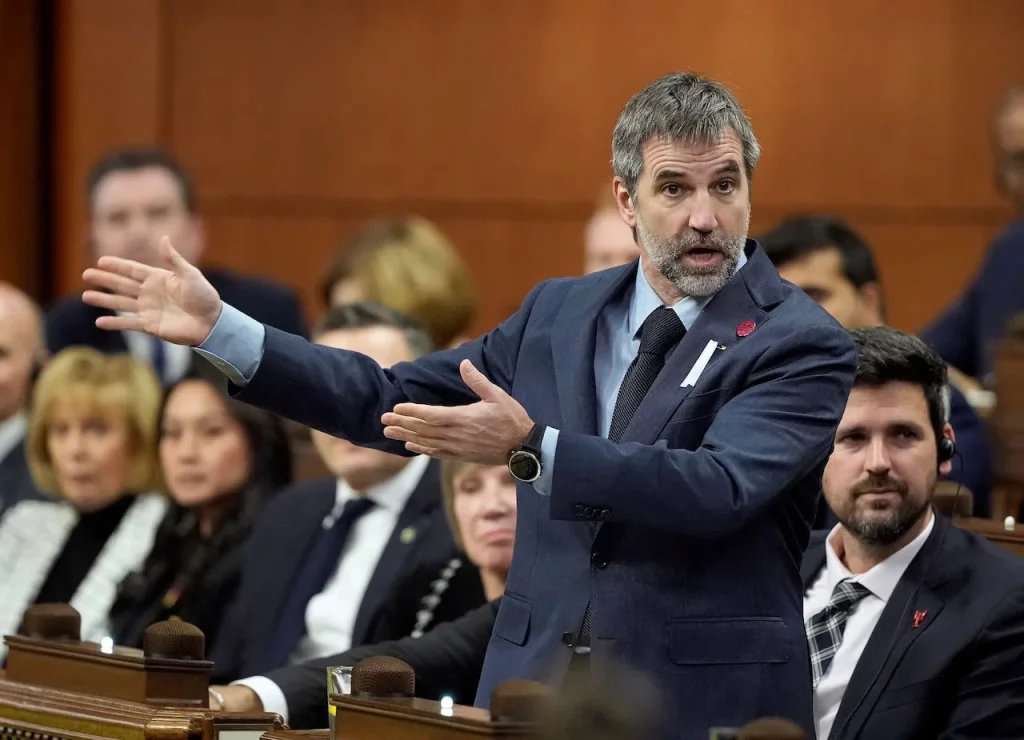Canadian Prime Minister Mark Carney has signed a landmark agreement with Alberta. The deal clears the path for a controversial new oil pipeline to the Pacific coast.
This move signals a major reset between the federal government and Canada’s energy heartland. However, it has immediately sparked political turmoil in Ottawa.
The accord offers exemptions from specific federal climate regulations. In return, Alberta has committed to raising its carbon pricing standards. Furthermore, the province will develop the world’s largest carbon capture program to reduce emissions.
A Political Firestorm
The deal caused immediate repercussions within the government. Steven Guilbeault, the Minister of Heritage, resigned from the cabinet on Thursday evening.
Guilbeault is a former environmental activist. He stated that he could not support the agreement. He believes it dismantles key elements of the nation’s climate action plan.
Consequently, he warned that the pipeline would have severe environmental consequences.
Prime Minister Carney responded quickly. He affirmed his government’s dedication to climate competitiveness, despite the high-profile departure.
Alberta Claims Victory, BC Objects
Alberta Premier Danielle Smith celebrated the agreement. She said it marks the end of “dark times” for the province’s resource sector. She described the deal as a critical first step.
However, resistance is mounting in British Columbia. Premier David Eby voiced strong frustration. He noted that the pipeline would traverse his province, yet he was excluded from negotiations.
“It would have been good for BC to be at the table,” Eby stated.
He dismissed the unbuilt pipeline as a “distraction.” Additionally, he raised concerns about the lack of private backing and consent from First Nations communities.
The Economic Strategy
Prime Minister Carney framed the pipeline as essential for economic security. Currently, the United States purchases over 90 percent of Canada’s crude oil exports.
The government wants to diversify its customer base. Carney cited vulnerabilities caused by American tariffs. He aims to double non-US exports over the next decade by accessing Asian markets.
The terms of the new deal include:
- Regulatory Exemptions: The project is exempt from the tanker ban off BC’s northern coast.
- Financing Rules: Private enterprise must fund the pipeline, not taxpayer money.
- Consultation: Ottawa and Alberta pledged to bring British Columbia into immediate discussions.
Hurdles Remain
Despite political backing, the project is still in its infancy. No specific route has been confirmed.
The Alberta government has allocated C$14 million to develop a proposal. They hope to attract private sector investment.
Opposition remains fierce. Groups representing Coastal First Nations issued a statement on Wednesday. They declared that a pipeline to the northern coast “will never happen.”
Meanwhile, Opposition Leader Pierre Poilievre criticized the deal. He argued that it merely starts a lengthy process without guaranteeing results.



















